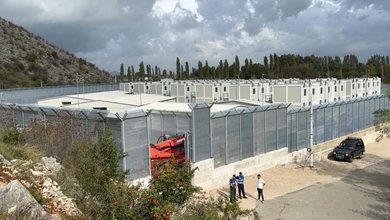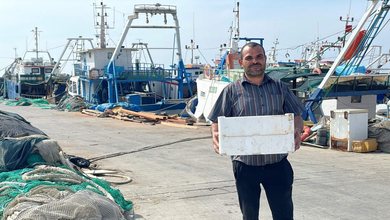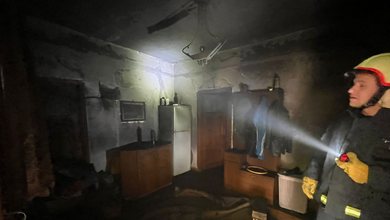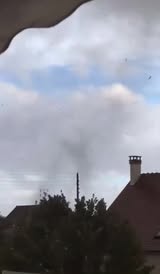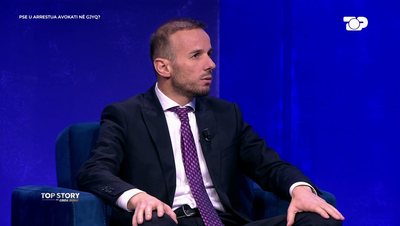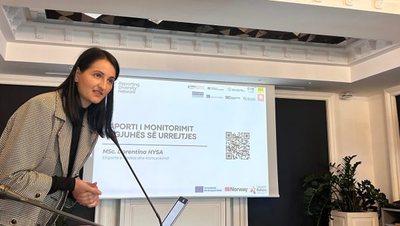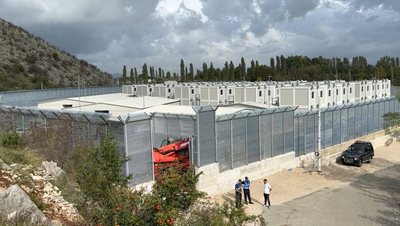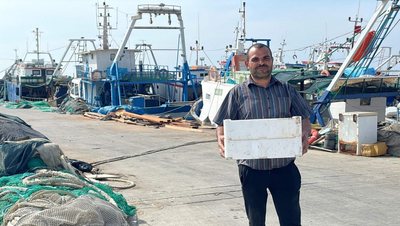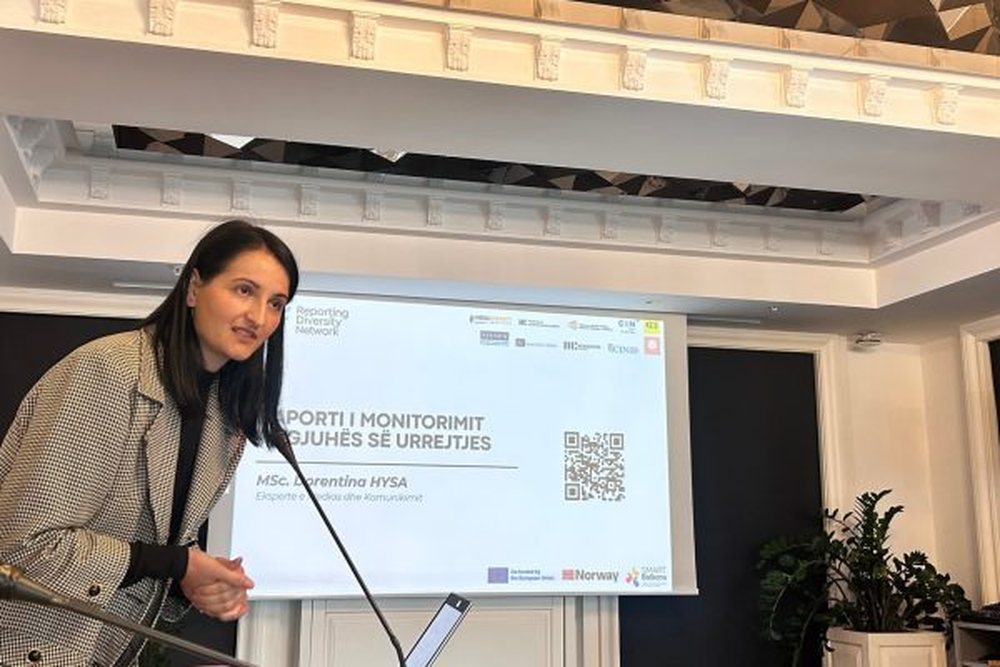
A report presented by the organization Albanian Women in Audiovisual (AWA) highlighted the concern that gender-based hate speech and that against journalists has increased significantly compared to previous years.
The report highlighted the most problematic levels and dimensions where hate speech has spread in the Albanian media landscape. According to the findings, gender-based hate speech remains a worrying and widespread issue, while that against journalists and political opponents has increased significantly compared to previous reports.
“Hate speech has been spread towards groups such as women, journalists, political opponents, minorities, ethnicities, or even groups with different sexual orientations,” the report notes. A novelty of this report is the new categories identified as the object of hate speech, namely public institutions and children/minors.
The report's findings cover the period from January 2024 to June 2025 and are based on reporting of 96 incidents containing hate speech. "The most frequent incidents during this period were those based on gender (40.6%), against journalists (12.5%) and against political opponents (12.5%)," said the report's expert, Dorentina Hysa.
Hysa described these findings as worrying, emphasizing that politicians dominate political discourse against journalists, contributing to the amplification of hate narratives.
MP Jorida Tabaku also expressed her concern about the high levels of hate speech. “We have turned the media into a target for the government,” Tabaku said, implying that politicians often use attacks on journalists as a way to censor them.
According to the Commissioner for Protection from Discrimination, Robert Gajda, a factor that influences the incitement of hatred is also the disinformation narratives that are deliberately spread by various actors in society. “Hate speech is also a product of deliberate disinformation, which is done to produce hatred and to keep stereotypes about certain categories alive,” Gajda said. /BIRN/


